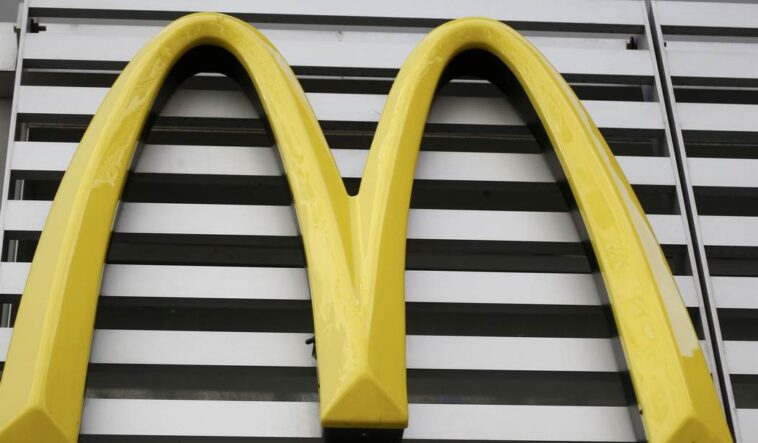McDonald’s recent decision to scale back its diversity, equity, and inclusion (DEI) initiatives marks another major corporation stepping away from policies many have criticized as emblematic of corporate wokeness.
This move follows a 2023 Supreme Court ruling that struck down affirmative action in college admissions and reflects a larger shift in corporate America’s approach to diversity strategies.
READ MORE: The Supreme Court, Affirmative Action, and the Little Matter of Who You Are
A Legal and Cultural Shift
McDonald’s, like many other corporations, initially embraced DEI policies as a way to foster inclusion and equity within its ranks. But as the legal and political landscape has shifted, so too has the approach. The Supreme Court’s decision, combined with increasing skepticism of DEI initiatives, has forced companies to reevaluate the efficacy and legality of such programs.
The company behind the golden arches is retiring specific diversity goals and pausing external surveys centered on inclusion.
McDonald’s said Monday it will retire specific goals for achieving diversity at senior leadership levels. It also intends to end a program that encourages its suppliers to develop diversity training and to increase the number of minority group members represented within their own leadership ranks.
McDonald’s said it will also pause “external surveys.” The burger giant didn’t elaborate, but several other companies, including Lowe’s and Ford Motor Co., suspended their participation in an annual survey by the Human Rights Campaign that measures workplace inclusion for LGBTQ+ employees.
While McDonald’s leadership has framed this as a response to a “shifting legal landscape,” it’s also clear that public backlash and consumer sentiment have played a role.
The End of Corporate Wokeness?
McDonald’s isn’t alone in rolling back its DEI programs. Companies like Walmart, Harley-Davidson, and Ford have also scaled back similar initiatives, signaling what some are calling the end of corporate wokeness. Critics of DEI argue that these policies often prioritize appearances over merit, alienating employees and consumers alike.
Robby Starbuck, a conservative commentator, exemplified this sentiment when he said that corporations engaging in “woke policies” are alienating a significant portion of their customer base. His comments reflect a growing trend of consumer pushback against overtly political corporate strategies.
McDonald’s (Attempted) Balancing Act
Despite its rollback, McDonald’s hasn’t abandoned diversity entirely. The company notes that 30% of its U.S. leadership comprises members of underrepresented groups, and it plans to maintain efforts to support diverse franchisees, suppliers, and employees. These moves suggest that while McDonald’s is stepping away from some DEI practices, it is not entirely abandoning the concept of inclusion.
The company also highlights its achievement of gender pay equity and its early completion of a goal to have 25% of its supplier spending go to diverse-owned businesses. These successes show that inclusion can be pursued without rigid quotas or external pressure from DEI surveys.
What This Means for Corporate America
McDonald’s decision underscores the growing recognition that many DEI initiatives have not delivered on their promises.
Conservative critics have long argued that such programs often create division rather than fostering genuine inclusion. As companies like McDonald’s pivot toward more practical and results-driven approaches, they signal a new era where diversity efforts are balanced with broader corporate priorities.
A Conservative Perspective
For those on the right, McDonald’s move is a victory in the broader cultural battle against woke corporatism. It demonstrates that consumer voices—and legal challenges—can influence even the largest global brands. But it also highlights the importance of ensuring that corporations don’t abandon inclusion entirely, finding ways to support all employees without resorting to divisive or ineffective policies.
McDonald’s decision may be a sign that the pendulum is swinging back toward pragmatism in corporate governance, a shift that conservatives have long called for. As other companies follow suit, the era of unchecked corporate wokeness may be coming to an end.


